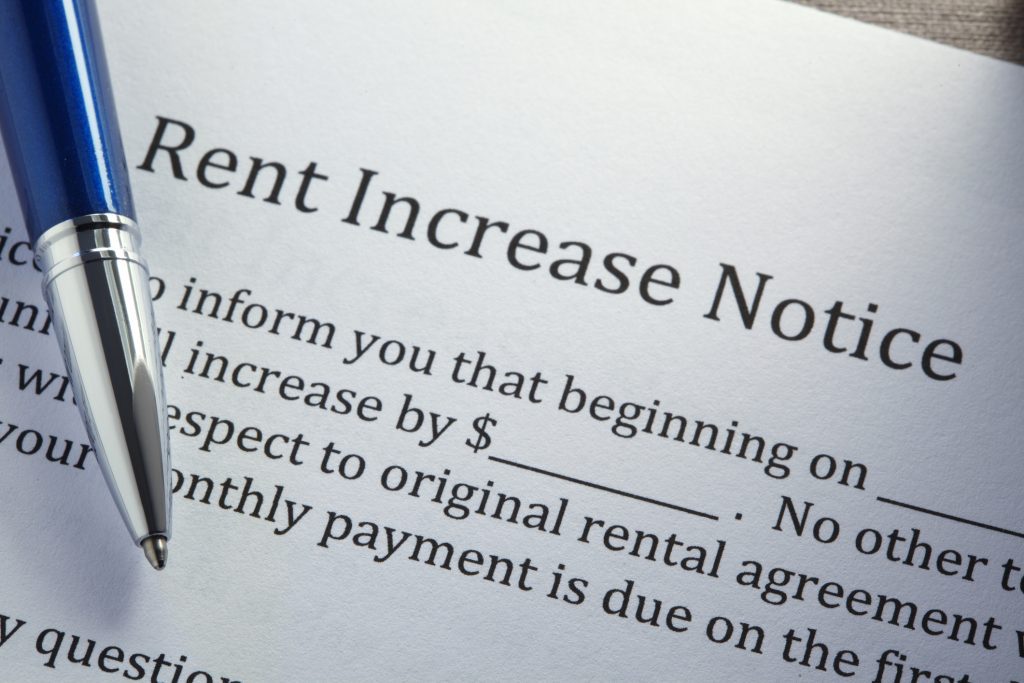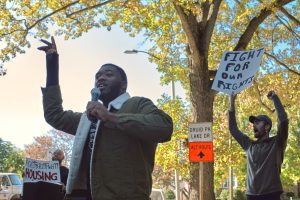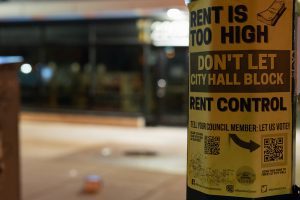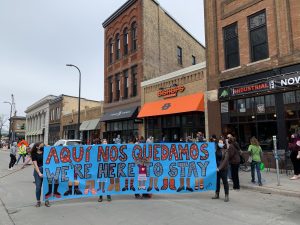Tag
Minnesota
The Latest

How Tenant Activists Won Protections Against Mid-Lease Rent Hikes in Affordable Housing
Last year, we reported on tenants in Northern Virginia LIHTC properties whose rents were raised in the middle of their leases. Here's how other states have banned the practice.
Search & Filter Within this Topic
filter by Content Type
filter by Date Range
search by Keyword

Six Steps to Ensuring a Strong Right to Organize for Tenants
Getting solid legal protections in place will help tenants stick up for themselves more safely and effectively.

Is a YIMBY/Tenant Activist Bridge Possible?
A culture war between housing justice advocates and YIMBYs began in 2014. While the groups have different priorities, they do have shared interests. Can they be allies or will the habitual quarreling keep them at odds?

Organized Tenants Are Baaaaack
After a lull in the 1990s, the tenants rights movement reemerged and has only gained strength. What caused the resurgence and what do tenants’ prospects look like?

Access to Housing Can Reduce Infant Deaths
Housing may not be on the list of solutions for the maternal and infant mortality crisis. But research—and successful programs—shows that it should be.

When Landlords Hide Behind LLCs
It’s difficult to know who owns a property because corporate landlords and investors tend to structure their business as limited liability companies, or LLCs.

ADUs: Laws and Uses, Do’s and Don’ts
As ADUs gain national attention, cities are searching for the best ways to legalize their development and encourage construction.

Minneapolis, St. Paul Voters Say ‘Yes’ to Rent Stabilization
Despite an all-out effort by the housing industry to stop them, two rent stabilization initiatives were given the green light following this month’s vote.

Minor Defendants: Kids Are Being Named in Evictions
When landlords name minor children in eviction filings, the negative effects could haunt them years later.

From Mobile Home Parks to Multifamily Housing Cooperatives
As tenants organize to take over their buildings, there’s been an increased interest in going the co-op route. Could the networks that support resident-owned mobile home park communities shift their focus to support residents of multifamily buildings that want to go co-op?

From At-Risk Tenants to Activist Property Owners
A little more than a year ago—while the pandemic raged and the economy cratered—a group of 38 low-income, mostly Black and Brown families won an unprecedented, years-long battle to buy […]

As the Pandemic Continues, Officials Look to Long-Term Housing Options with Hotels
Advocates point to a bevy of successes in slowing the spread of the virus, but authorities struggle with cost burden.

Is the Pandemic Improving Affordable Housing Asset Management?
Resident services has long been the first to be cut in hard times—but for some housing providers that may be changing.
